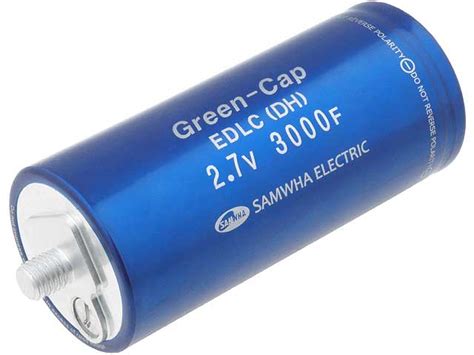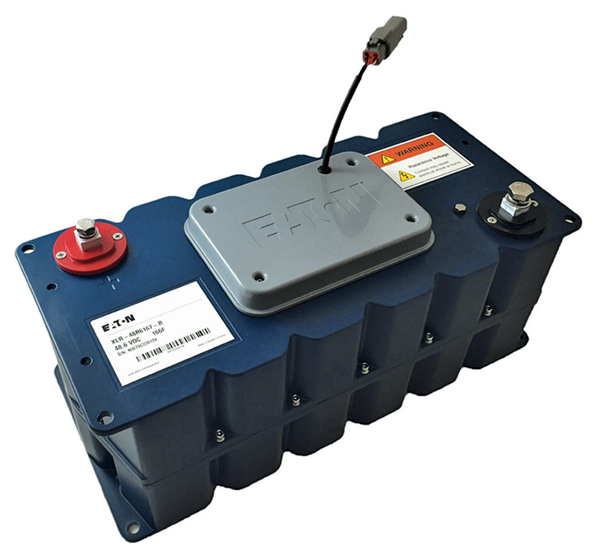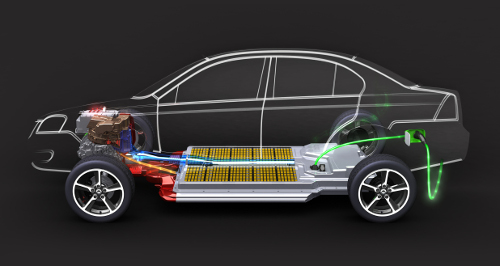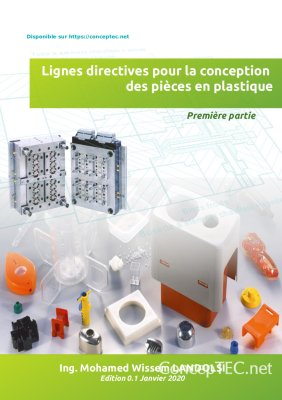Thanks to the super-capacitor, electric cars will soon no longer need batteries. Batteries seem to be the factor limiting the growth of electric cars. Researchers estimate that within five years electric vehicles will be free of batteries that could be replaced by super-capacitors.

While there has been impressive progress in recent years, a team of researchers has developed a super-capacitor film that they believe could replace the need for a battery over the next five years.
"They may contain a limited amount of energy, but they are able to deliver it very quickly, making it an ideal complement to mass storage batteries," said Marco Notarianni of the Queensland University of Technology in a press release.
The film is solid, extremely thin, and is able to release a large amount of energy in a short period of time, which is essential.

Ordinary batteries, on the other hand, take up a lot of space while the super-capacitor film could be integrated into several areas already existing in the vehicle such as body panels, roof, floor and doors. It's also cheap because carbon is easier to produce than lithium in conventional batteries. The price of lithium-ion batteries cannot be reduced because the price of lithium is high.
The super-capacitor film does not rely on these metals and other toxic materials, so it is more environmentally friendly, concludes one of the researchers of the super-capacitor.


























